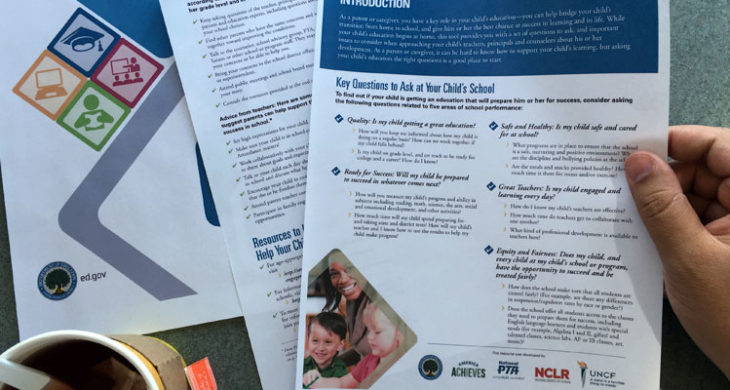In recent years, educators have encouraged the development of practical, viable concepts of positivity that can be implemented in everyday life. Toward this end, the concept of a “benefit mindset” is now being hailed as an approach that encapsulates the best of both worlds, fostering self-empowerment through a combination of positive thinking and altruism.
A benefit mindset is rooted in a growth mindset of self-belief and self-improvement, which, when cultivated with a sense of compassion and empathy, sows a self-image of well-being coupled with positive productivity. In turn, this results in a connected society made up of individuals who deliberately choose to empower themselves through positive thinking and altruistic activity.
The Power of One’s Mindset
The concept of a growth mindset was introduced by Stanford psychology professor Dr. Carol Dweck in her 2006 book Mindset, which has sold more than 1.8 million copies worldwide. Dubbed a “new psychology of success,” this concept has been implemented in the company cultures of mega entities such as Google, Microsoft, and NASA.
The explanation of a growth mindset is simple: no one is born with a fixed IQ. Those who have a fixed mindset, believing their intellect and skills are fixed and can’t be changed, are immediately hampered by an inner obstacle, a psychological roadblock that limits the capacity for learning. Conversely, those who believe that they can develop their talents and abilities have a growth mindset—and this attitude will help them succeed. The power of one’s mindset can have a profound impact in every form of endeavor, whether it’s at school, at work, in the arts, in sports, or in invention.
The Concept of a Benefit Mindset
The idea of a growth mindset was taken a step further by Australian researcher Ash Buchanan, who reasoned that a “benefit mindset” could result from enhancing a growth mindset with the concepts of compassion and empathy. This channels one’s positive mindset into actions and ideologies that contribute to the well-being of society as a whole.
To put it simply, if a benefit mindset is established in children starting from a young age, these children will have the psychological tools they need to not only accomplish everything they want, but also do so in a constructive, positive way that benefits others as well.
In children, this can be developed through teaching the importance of everyday acts of altruism. These can include ensuring that no student eats alone at lunchtime, or fostering peer support in games and activities. Toward this end, students can also be encouraged to engage in charitable events and activities, both at school and in the community.
Advantages of a Benefit Mindset
Globally, under the Positive Education program, educators have been implementing benefit mindset teachings in programs that weave self-growth and learning with leadership and social skills. In the U.S., this focus on social and emotional learning has been embraced by school districts nationwide with resounding success.
Studies have shown that a benefit mindset approach to academics not only raises grades and motivations, but also reduces gender, social, and racial achievement gaps. In one study, students with low GPAs were able to raise themselves above the failure zone by leveraging growth mindset concepts. Likewise, after sitting through just one 30-minute online “sense of purpose” session demonstrating benefit mindset concepts, these same kids showed improved motivation for their studies as well as for classroom socialization.
Developing a Benefit Mindset
Parents can help their kids develop a benefit mindset by teaching them the concepts of empathy and compassion through acts of kindness and charitable involvement. In addition, parents can foster a growth mindset by providing support and encouragement toward their children’s academic endeavors—as well as their extracurricular activities in the arts, sports, and other areas. Through encouragement, support, and community involvement, a benefit mindset can become an everyday part of the home environment as well as the classroom.
,










